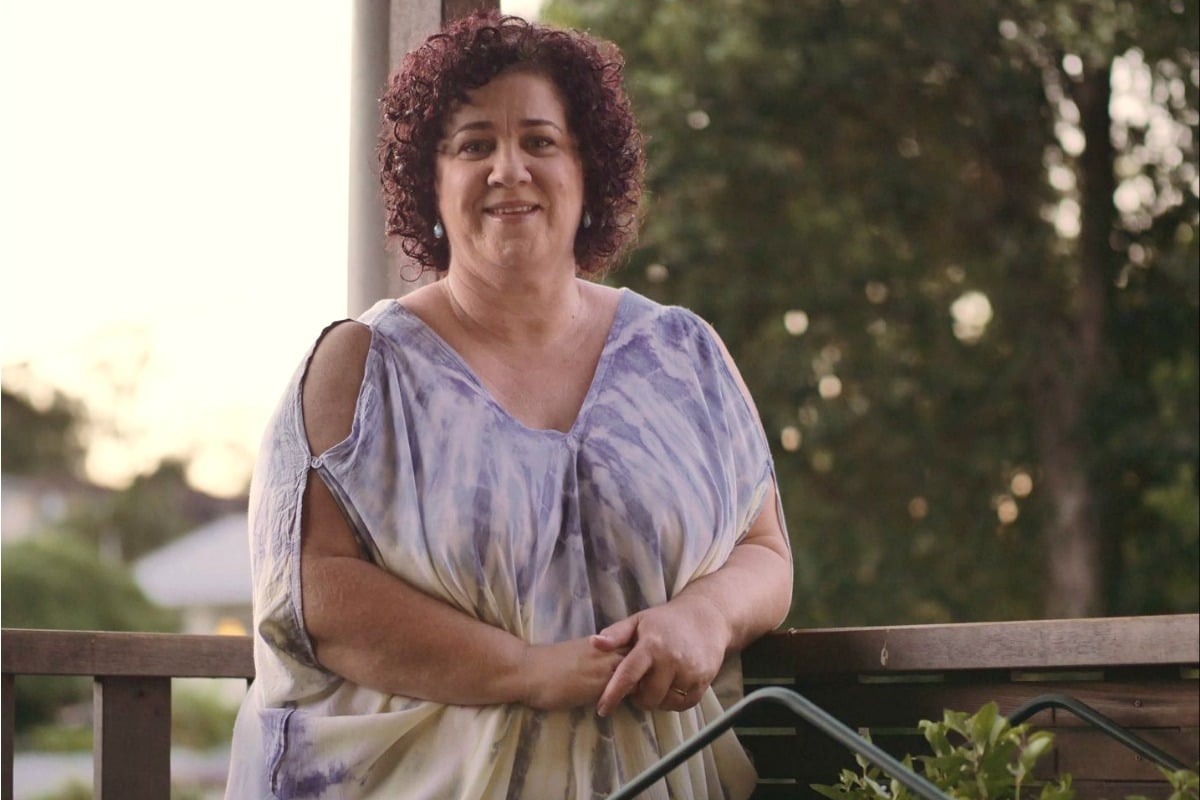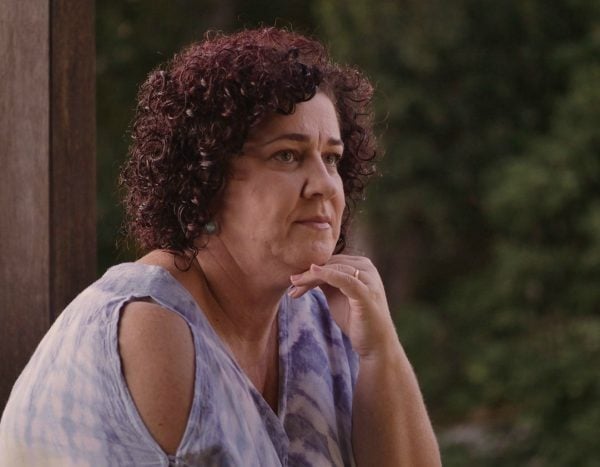
“I was sitting on the bed in the resus bay, and I could just sense it. There was this blackness coming over my body, I could feel it moving up my arms and legs.
“I knew my heart was shutting down and I was dying. It’s hard to understand, but it was this overwhelming darkness, an impending doom.”
This was the moment Sandra Wardrop nearly died from an allergic reaction to a chicken curry aged 44.
Food allergies are much more common in children. One in 20 aged 10-14 have them. Post continues after video.
The New South Wales nurse didn’t grow up with food allergies. In fact, 2014 was her very first experience with them.
In the February she had a slight reaction to a prawn goa, and in the May she had a different curry, but one she’d eaten numerous times before, and had a severe anaphylaxis event that nearly killed her.
Never before had she had a single symptom. She is one of the rare few who develop a severe food allergy in adulthood.
Sandra went from no issues at all to being allergic to cumin, coriander, tumeric, nutmeg, fennel, mustards, fenugreek and seafood.
“My immunologists told me I am 1 in 10,000 maybe even 1 in 100,000,” Sandra told Mamamia.
How? She isn’t sure, neither are immunologists. There’s barely any research.

